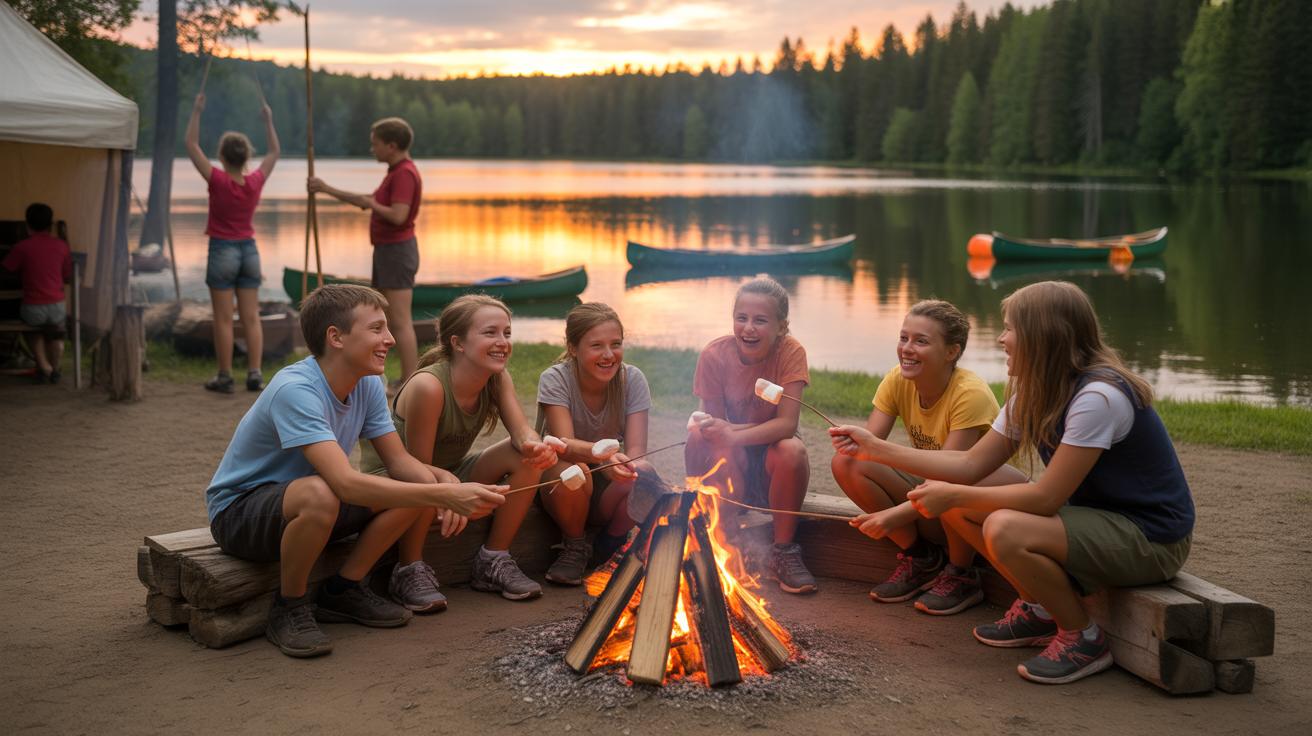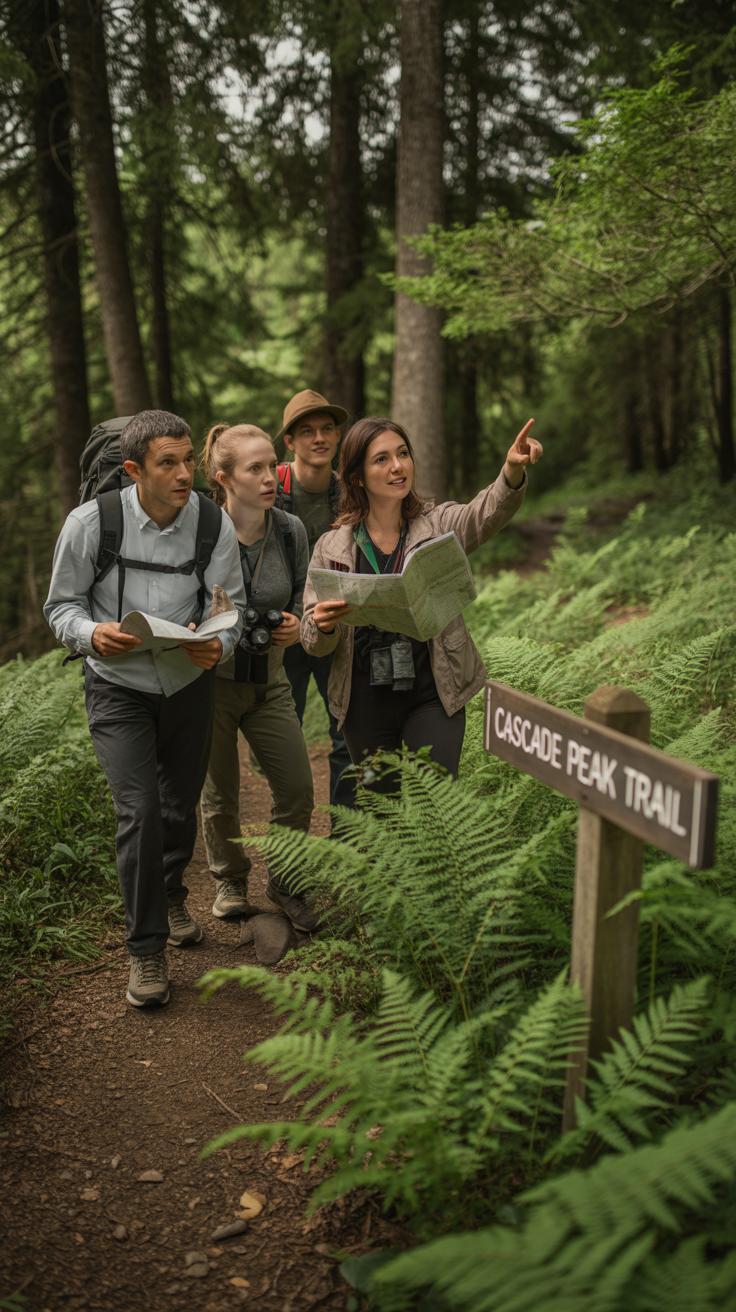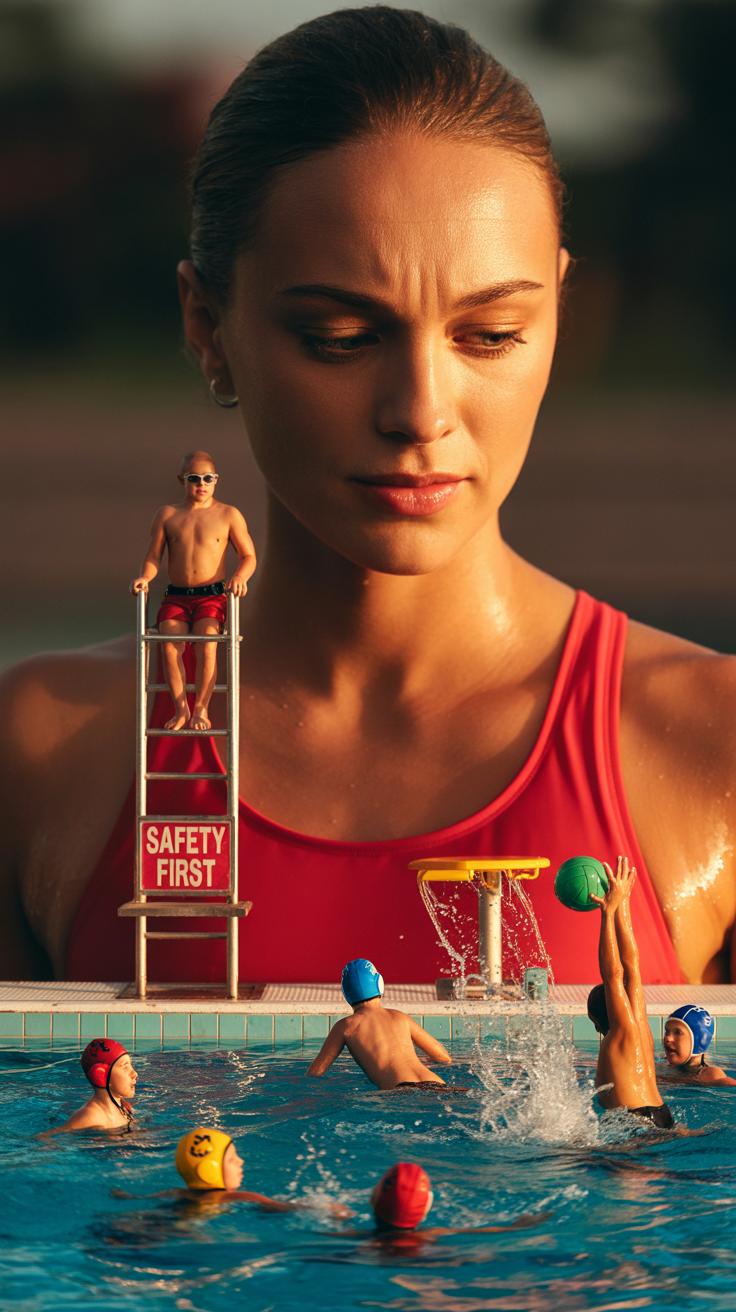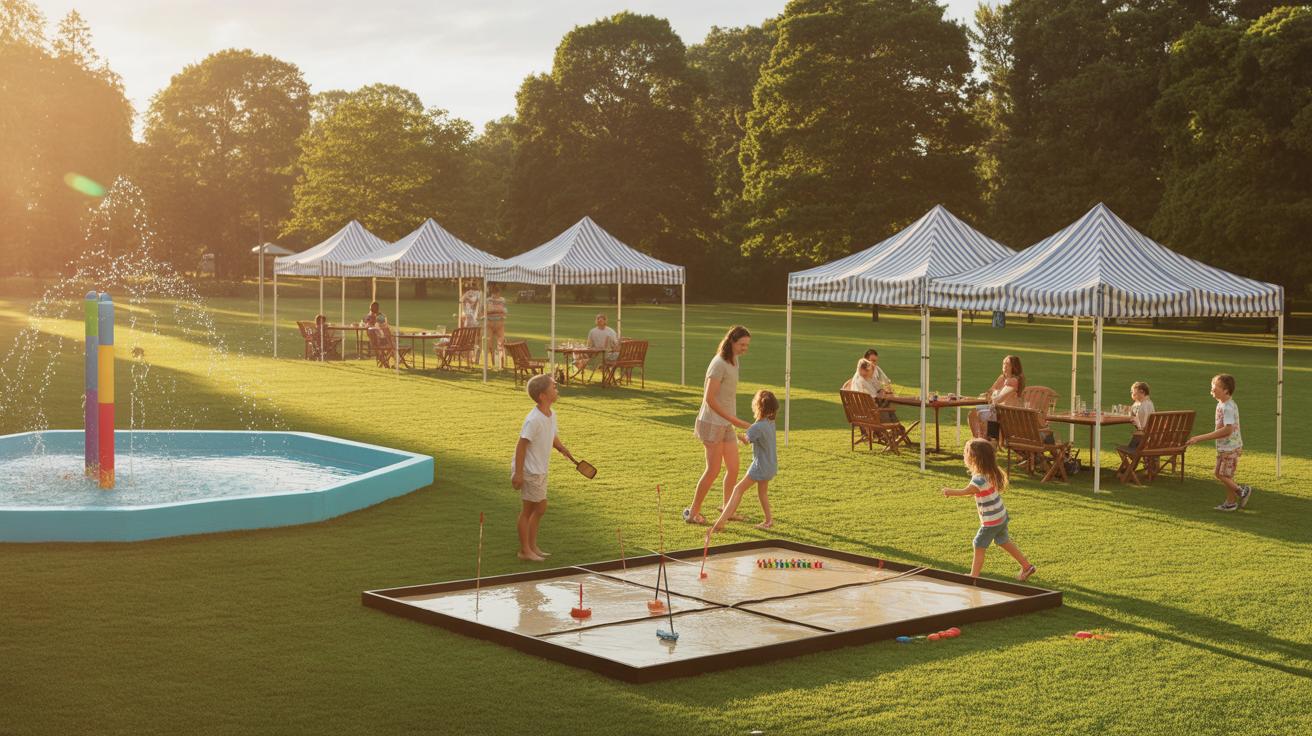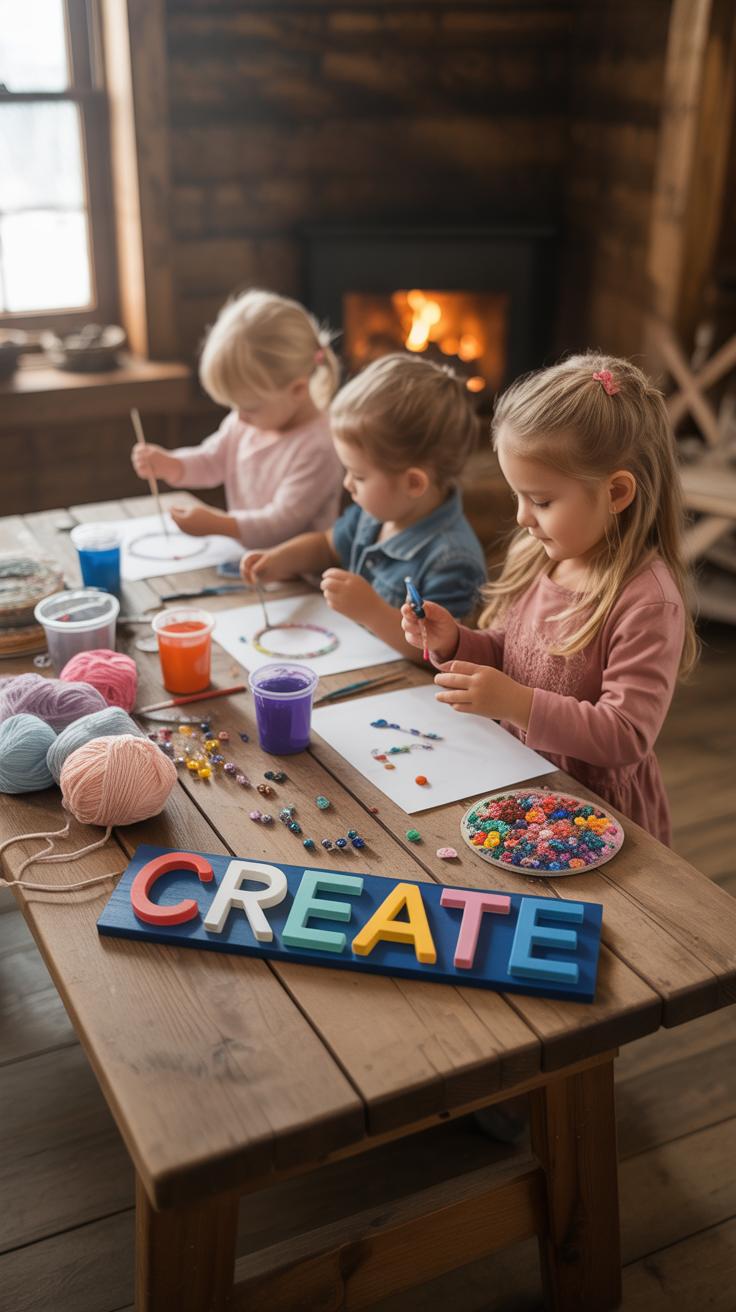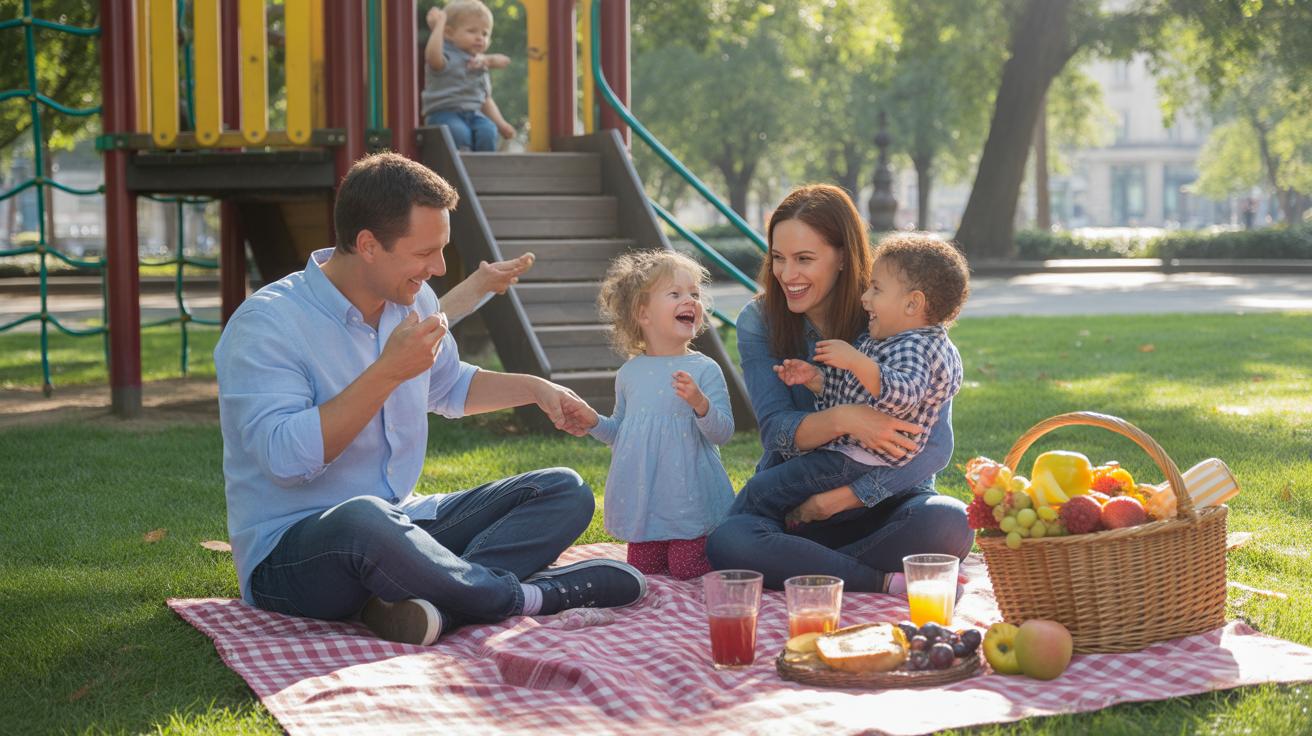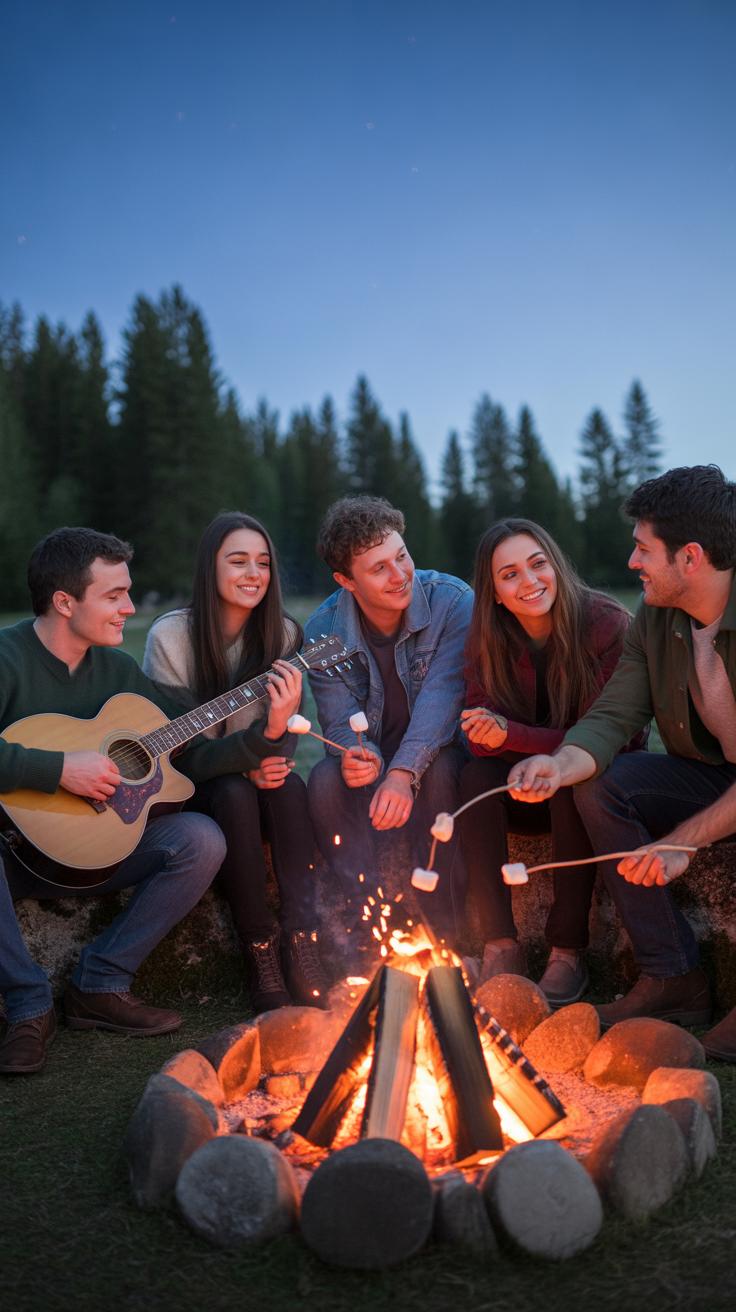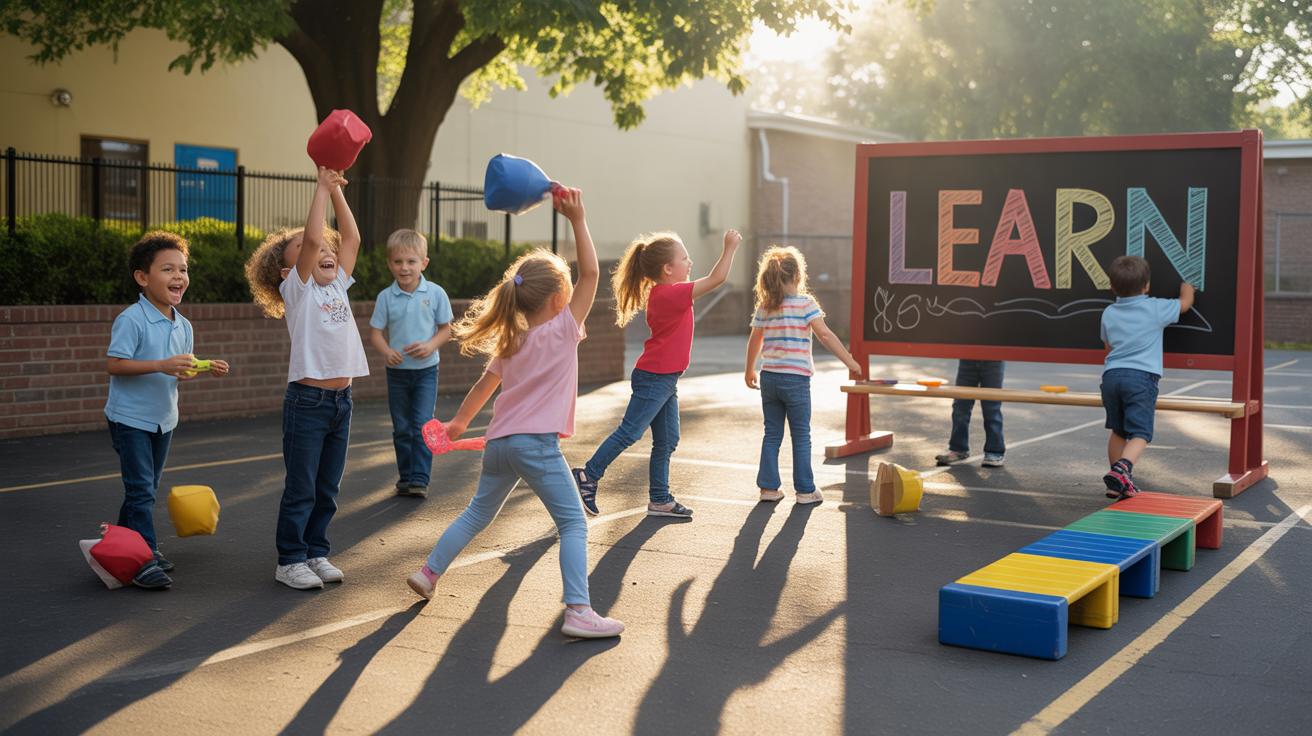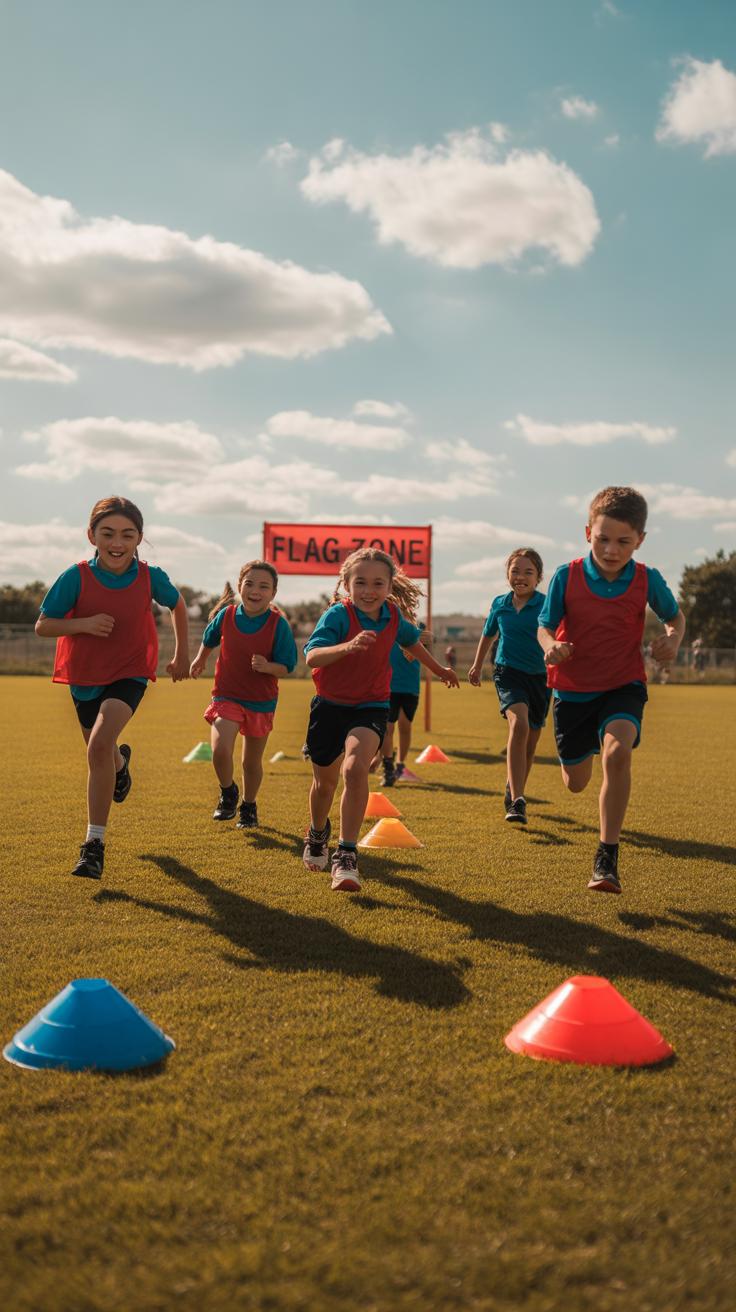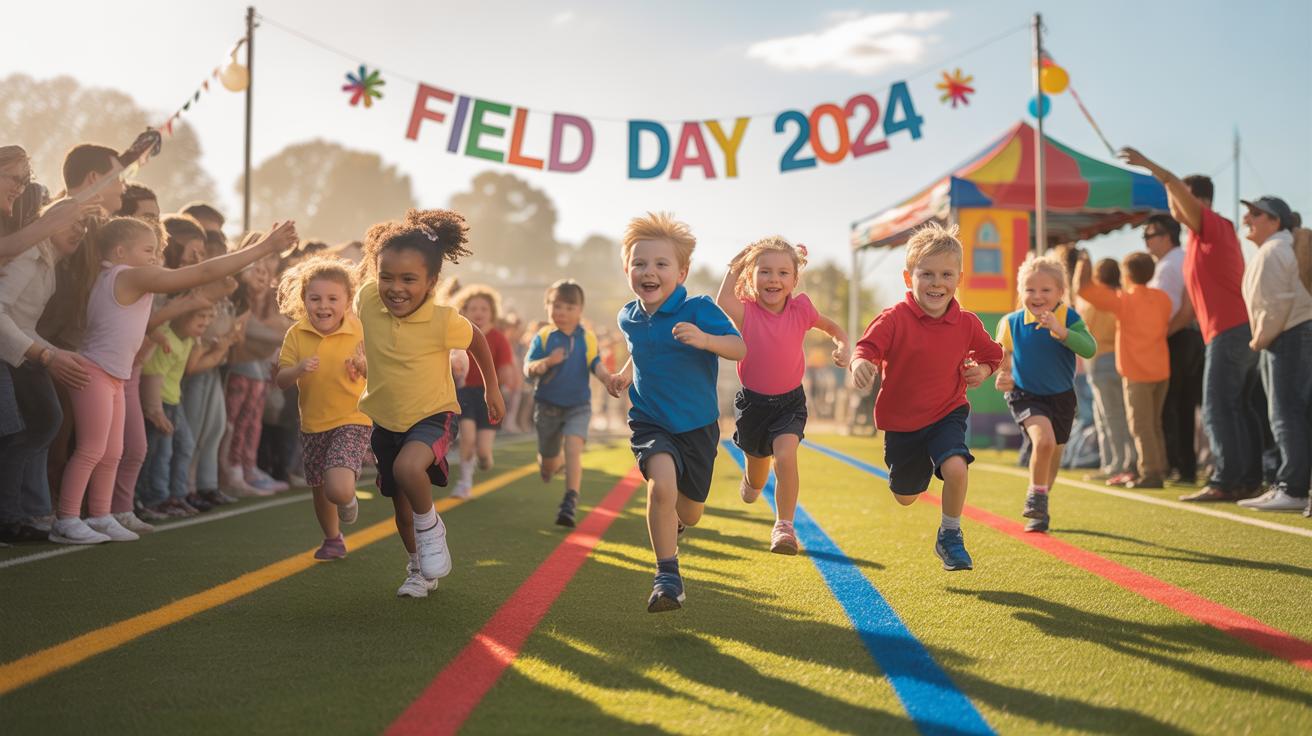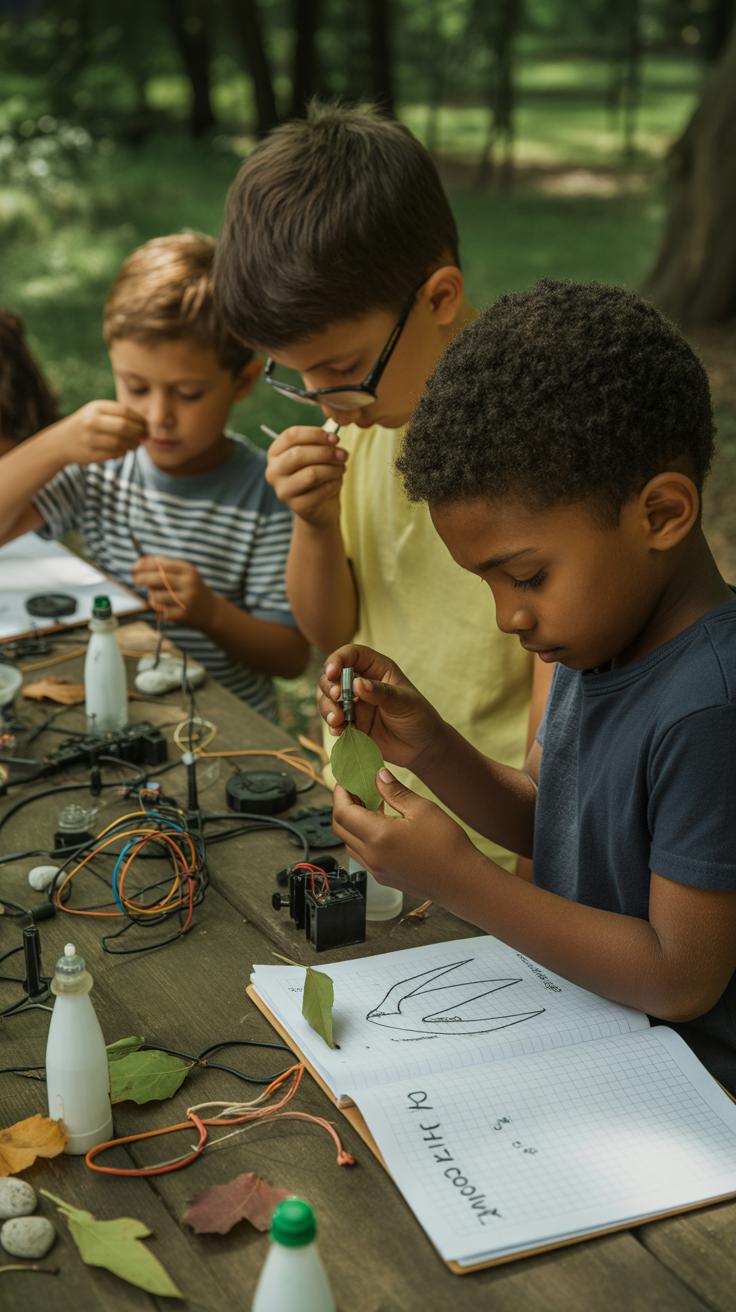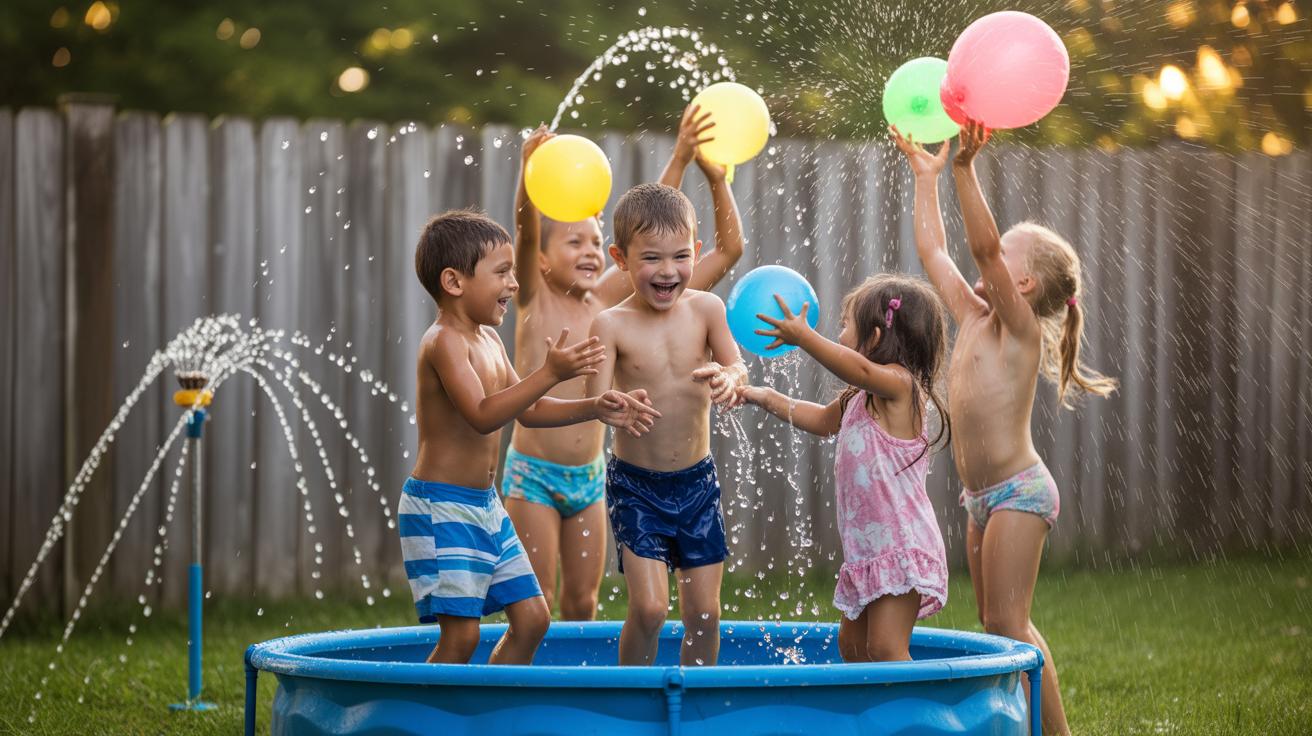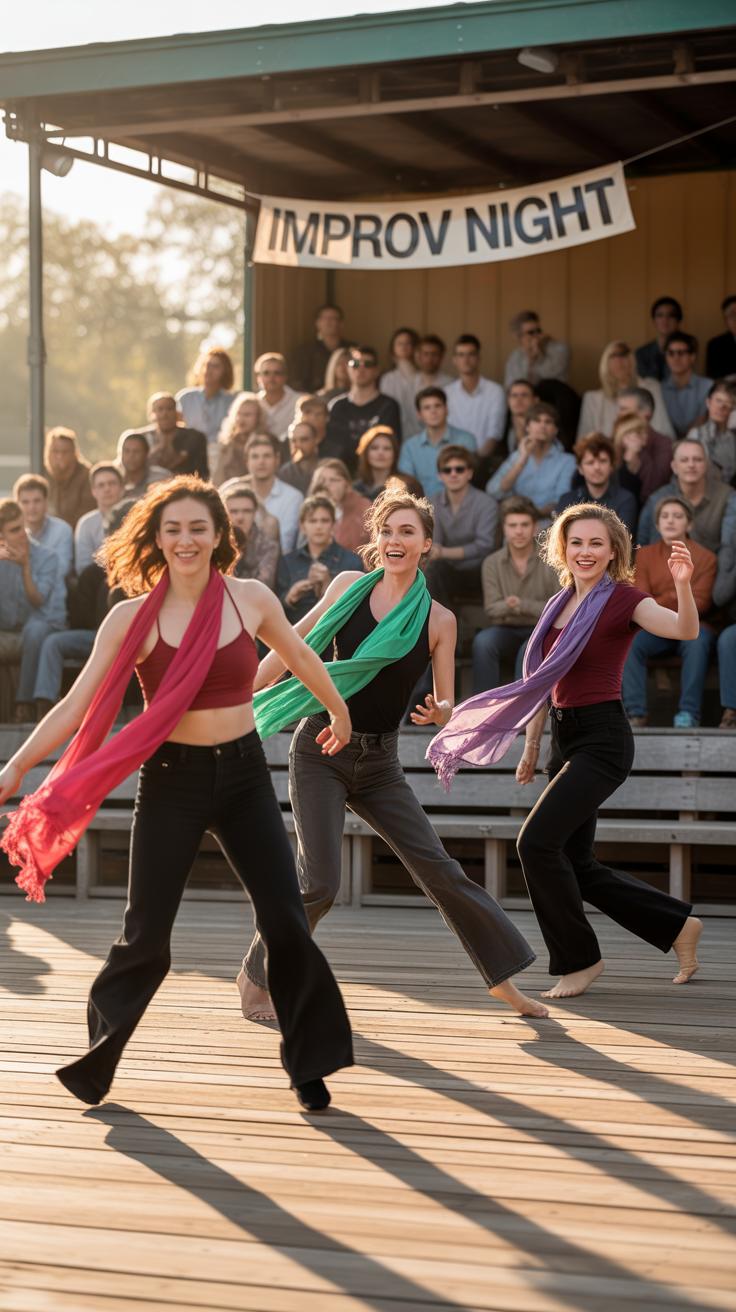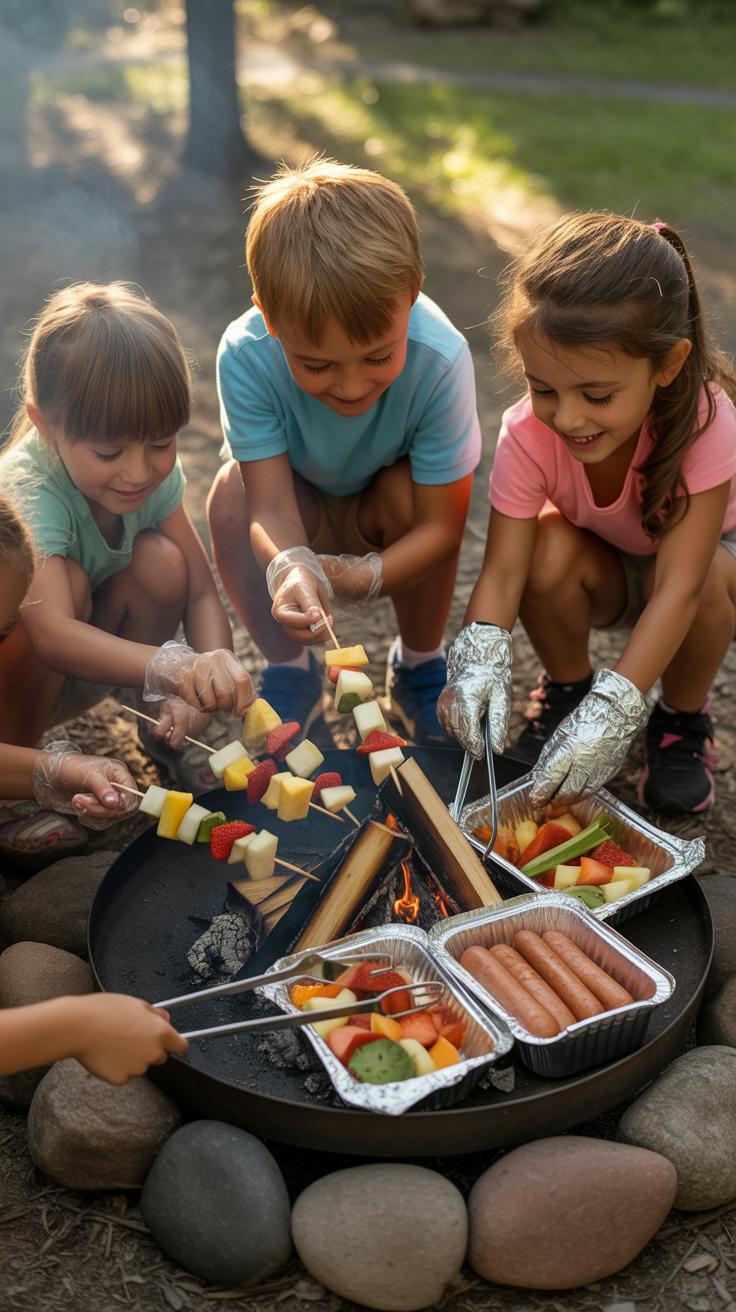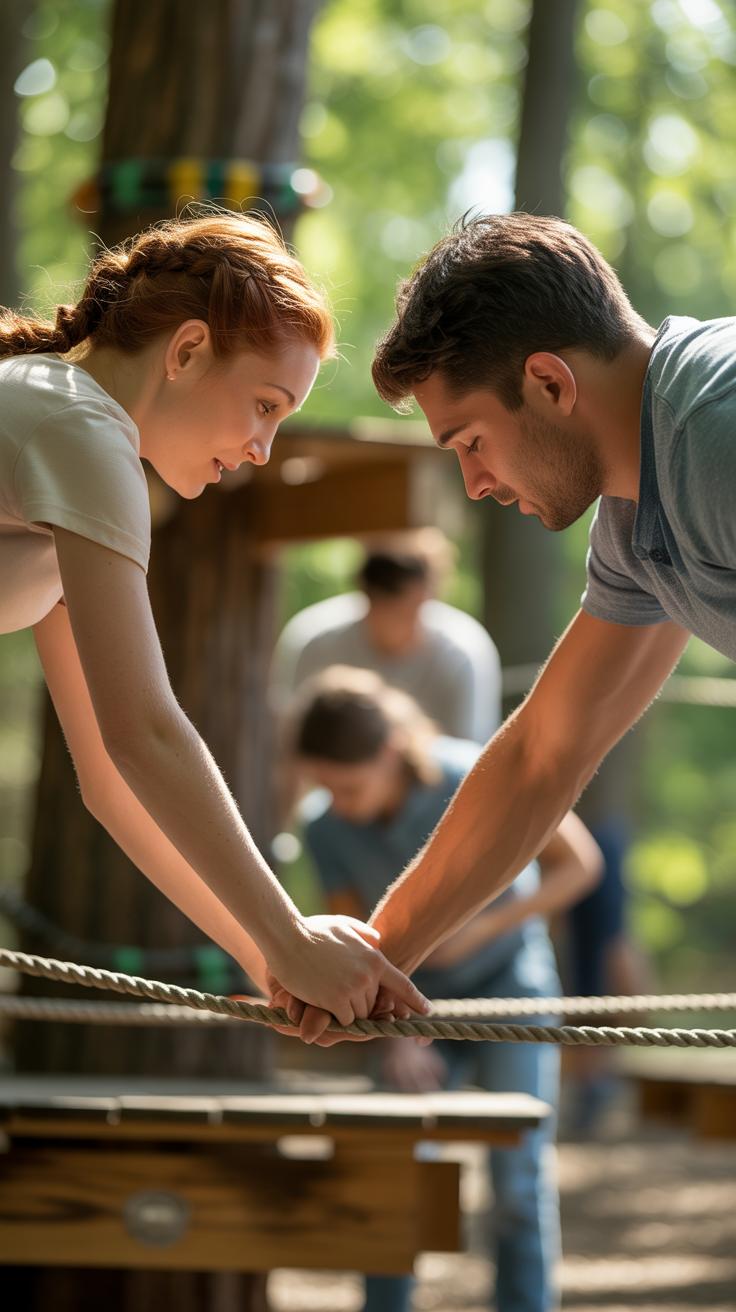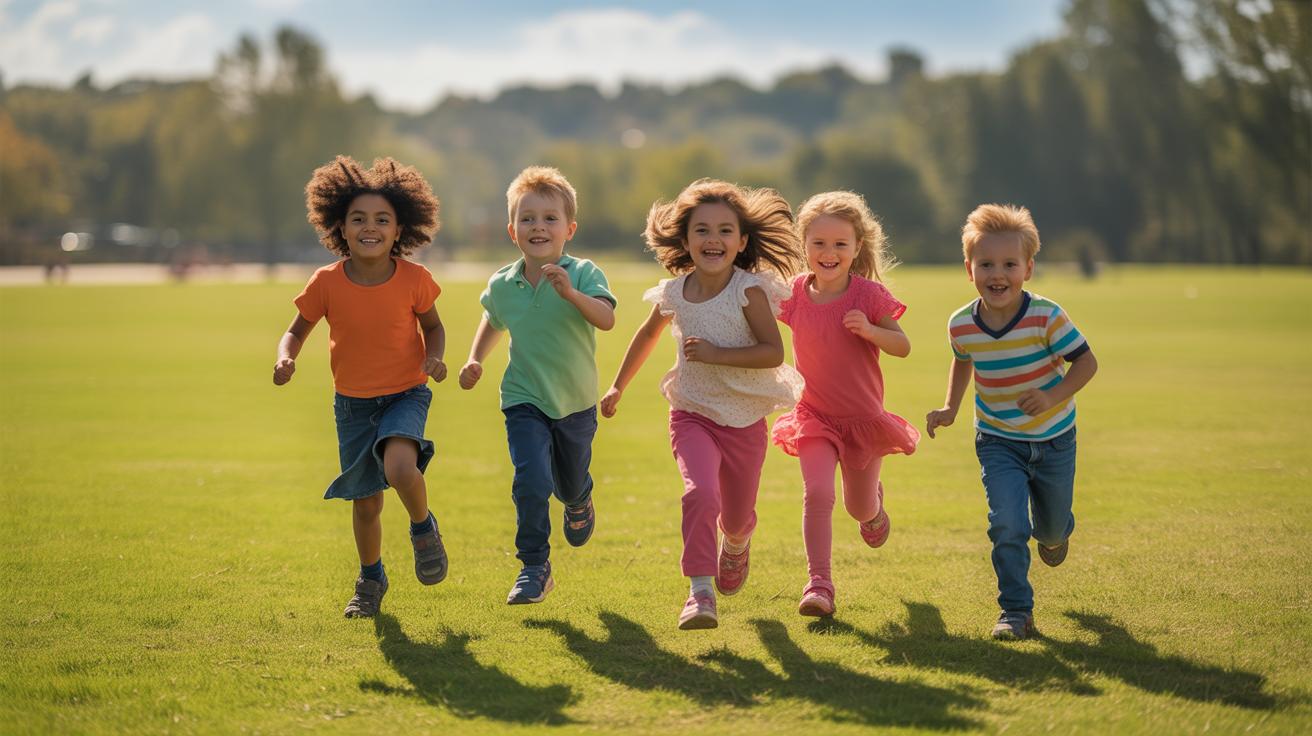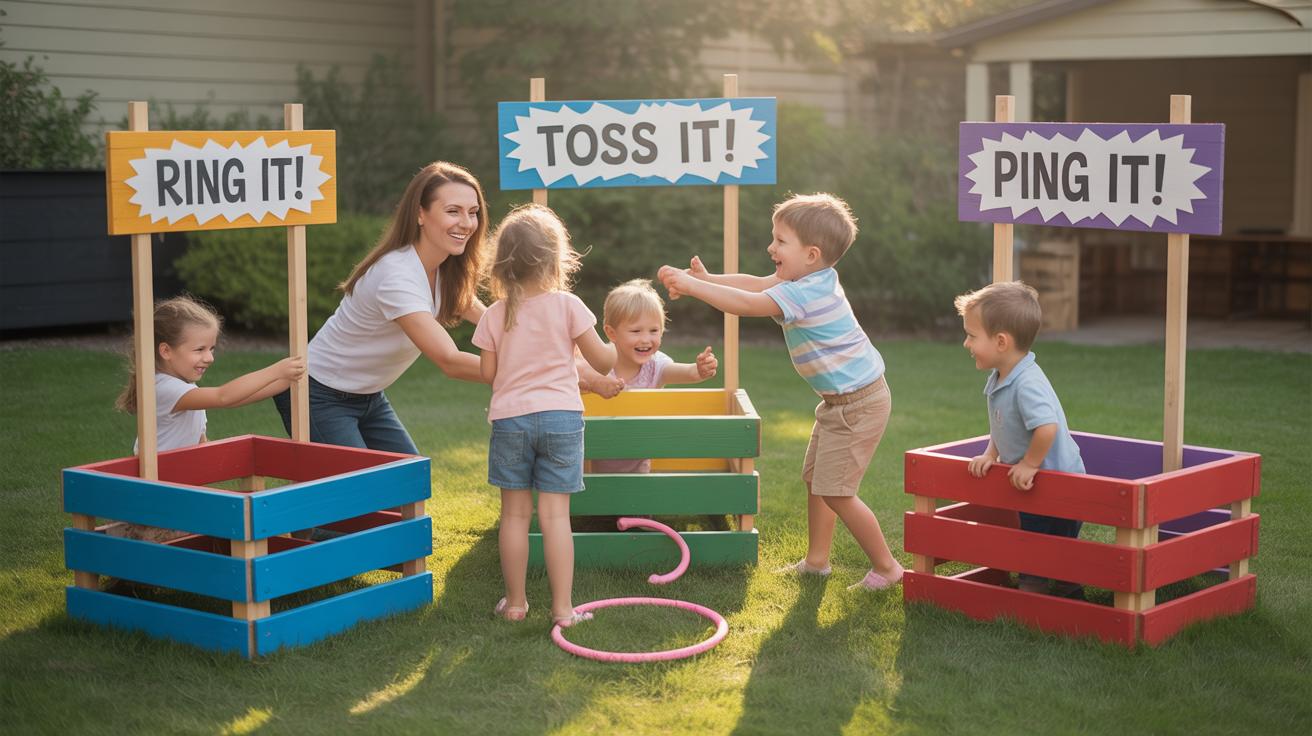Introduction
Summer camp activities capture the imagination of children every year. These activities offer a mix of fun and learning in an environment away from home. Kids look forward to moments of adventure, creativity, and friendship. Understanding what activities they request each summer helps parents and camp organizers plan memorable experiences.
Children ask for a variety of activities ranging from outdoor exploration to creative arts. These activities not only keep them entertained but also help build skills and confidence. This article highlights the top summer camp activities kids want year after year and explains why these activities are so appealing and beneficial.
Nature Exploration and Hiking
Kids often ask for nature exploration and hiking at summer camps because these activities mix physical movement with a real sense of discovery. Kids get to stretch their legs, breathe fresh air, and see things change around them as they walk. They aren’t just wandering; they’re noticing birds, tracks, and different kinds of leaves. It’s partly exercise, yes, but also something that pulls their attention in unexpected ways. Sometimes they’re curious about what’s under a rock or why a pine tree smells the way it does. That slow, steady pace invites questions and encourages learning without feeling like a lesson.
The Appeal of Outdoor Activity
What draws kids outside during hikes? I think it’s that mix of freedom and challenge. They get the space to move how they like, explore their surroundings on their own terms, or follow a path with friends. Being outside means no walls, no desks, just open air and changing scenery. There’s a buzz of energy, something about footsteps on dirt and leaves, the sounds they hear, even quiet moments looking up at the trees. That’s different from most days indoors. Outdoor activities let kids run, jump, climb—small acts of adventure that feel fun and spontaneous, even if they’re carefully supervised.
Learning About Plants and Animals
During these explorations, kids pick up more than just steps. They learn about the plants around them—how to tell a maple from an oak, or what makes a fern different from grass. Sometimes you’ll see a squirrel or hear a woodpecker, prompting questions and stories. This hands-on approach to nature helps kids develop a connection with their environment rather than just reading about it. They start to appreciate why animals need shelter or why some plants grow only in certain spots. It’s not always a tidy lesson. Sometimes curiosity leads to mistaken guesses or surprise discoveries. Either way, it opens their eyes to a world they might overlook outside camp.
Swimming and Water Games
Swimming as Exercise and Fun
Swimming usually ranks at the very top of kids’ favorite camp activities. Why? Because it’s not just exercise—it’s a break from the usual camp routine, a chance to splash around and cool off when the weather is warm. Kids often look forward to these moments, eager to show off strokes they’ve learned or simply enjoy floating and diving.
Water supports the body, so swimming offers a unique workout without strain. It builds stamina, strength, and coordination, all while feeling like play. Some campers even discover skills they didn’t know they had, and the repeated practice helps boost their confidence. It’s a mix of challenge and leisure that keeps drawing children back to the pool or lake day after day.
Teamwork in Water Games
Water-based games bring a social edge to swimming. Games like relay races, water volleyball, or “sharks and minnows” are just a few examples that require campers to work together. What’s interesting is how the water seems to break down barriers—kids who might be shy on land suddenly find themselves shouting encouragement or strategizing with teammates.
These games ask for communication, trust, and some quick thinking. They teach campers how to cooperate while competing, which isn’t always easy. But maybe because it’s in the water, where everyone’s equalized by the pool’s buoyancy, cooperation feels more natural, less forced. It’s teamwork in a setting that’s equal parts fun and fitness, making those friendships all the more memorable.
Arts and Crafts Sessions
Arts and crafts hold a special place in summer camp schedules, year after year. Kids don’t just pass time; they explore creativity in a hands-on way that’s hard to replicate elsewhere. It’s more than just making something pretty—it’s about learning new skills and finding a personal voice. Sometimes, a simple project turns into a discovery, like realizing you can make patterns or that mixing colors isn’t as predictable as it seems.
Exploring Different Materials
What keeps children coming back to these sessions? Partly, it’s the variety of materials they get to try. From paints and clay to beads and recycled objects, every camp offers something new to touch and play with. Many kids express delight when working with materials they’ve never encountered before—like natural dyes or tie-dye fabrics. This mix sparks curiosity and sometimes sparks a bit of friendly frustration, as they figure out which tools work best. There’s a certain charm in watching kids hesitate, then throw themselves at a new technique just to see what happens.
Boosting Creativity and Confidence
Crafting does more than fill time—it nurtures creativity and builds confidence. When kids finish a project, their pride is often visible. It feels personal, and sharing it with others provides a quiet boost to self-esteem. Sometimes, the process matters more than the product: struggling through a tough craft can teach patience, problem-solving, or just that it’s okay for things not to be perfect. These lessons can quietly build a child’s belief in their own ideas, which may show up later in other areas—schoolwork, friendships, or simply choosing what to wear tomorrow.
Campfire Stories and Music
The Magic of Storytelling
Gathering around the campfire is a moment that many kids look forward to every summer. There’s something about the flickering flames and the quiet outdoor night that makes stories feel more alive—more vivid. Kids seem to hang on every word, their imaginations snapping to life with each twist or mysterious sound. Storytelling here isn’t just about passing time; it’s about sparking curiosity and creativity in a way that’s hard to replicate anywhere else.
Some stories make campers laugh, others send a chill down their backs, but few fail to draw them in. What’s interesting is how this simple ritual brings out different sides of kids—from the quiet listeners to the bold storytellers. It’s a chance to explore fears, hopes, or just goofy moments, all under the stars. And often, those stories linger—repeated at home or the next year—showing how powerful this shared experience can be.
Singing and Playing Instruments Together
Campfire music sessions have a way of pulling kids together. When a guitar starts strumming or someone leads a song, it’s like an unspoken invitation to join in. The campfire setting feels safe enough for even shy kids to try singing or clapping along. Suddenly, it’s less about perfect notes and more about connection—laughing at missed lyrics or feeling the beat as a group.
Playing instruments together, even if just simple percussion or a few chords, builds a sense of teamwork. Kids learn to listen to each other, follow a rhythm, or blend their voices. These moments often fade gently into friendship, as the shared music becomes a kind of glue. You can almost see new bonds forming, sometimes surprisingly fast. Maybe that’s why so many campers request more music time each year—it’s more than just fun; it’s a chance to belong.
Sports and Group Games
Sports and group games are often at the heart of summer camp experiences. They do more than just keep kids moving—they help develop physical skills like coordination, speed, and endurance. But beyond that, these activities offer a natural setting for children to connect with others, sometimes forming friendships that last well beyond camp.
Popular sports at camps usually include baseball, soccer, and basketball. Kids often pick these because they’re familiar and offer chances to be part of a team. Capture the flag and relay races also remain big hits—probably because they mix fun with a little friendly competition. Each game brings something different, appealing to kids who want to run, strategize, or just laugh with friends.
Group games also serve as real-life lessons in teamwork and fairness. It’s easy to see when kids struggle to cooperate or want to bend rules to win. Coaches and counselors step in to guide them through these moments. Learning to share responsibilities, listen to others, and respect the rules helps children understand more than just the game. They take away lessons about sportsmanship that sometimes echo into other parts of life, even if these lessons don’t always stick perfectly at first.
STEM and Science Activities
STEM and science-based activities often spark a unique kind of excitement among kids at summer camp. There’s something about mixing liquids, watching reactions, or building simple machines that grabs their attention and holds it. These activities don’t just entertain—they pull children into puzzles and experiments that push them to figure things out on their own, or sometimes together. Curiosity really leads the way here.
For example, kids might get to create homemade volcanoes using baking soda and vinegar, or build small circuits with batteries and LED lights. These projects are simple but surprisingly engaging. One day a kid might watch a floating egg trick, the next they’re constructing paper rockets. The hands-on nature means they see cause and effect right in front of them, which sticks better than just hearing about it.
STEM activities also quietly encourage critical thinking. When a project doesn’t go as planned, kids are nudged to tweak their approach, or rethink a step. They learn that failure is just part of the process. You might notice children debating why a solution didn’t work or figuring out what to try next. That questioning mindset expands beyond the camp, shaping how they solve problems in daily life. Sometimes their solutions surprise even the counselors.
Performing Arts and Drama
Performing arts and drama remain favorites among summer camp activities, probably because they invite kids to step outside their usual shells. There’s something about standing on a stage—or even just pretending to—that pushes children to find their own voice and gain confidence. It’s not just about memorizing lines; it’s about expressing feelings and ideas that might otherwise stay locked away. When kids perform, they often surprise even themselves with what they can do.
Acting and Role-Playing Games
Acting exercises let kids try on different characters, which can be a lot of fun but also deeply revealing. They explore emotions like joy, anger, or fear in a safe space, and sometimes, they stumble upon new parts of themselves. Role-playing helps kids practice empathy too—seeing the world from another’s perspective, if only for a moment. Some might pretend to be brave knights, others shy poets, and that variety sparks creativity. You might notice a shy kid suddenly opening up or one who’s usually quiet finding a voice. It’s not always neat or polished, but that’s part of the charm.
Preparing Skits and Plays
Putting together a skit or a play goes beyond just telling a story. It’s a group effort that teaches teamwork in ways other activities don’t quite manage. Whether it’s deciding who plays which role or setting up props, kids learn to communicate and collaborate. And performing before an audience—peers, counselors, sometimes parents—builds presentation skills quietly but steadily. They learn timing, expression, and how to handle nerves. It may seem like just fun, but this blend of rehearsal, cooperation, and performance can boost confidence in everyday situations as well.
Cooking and Food Activities
Kids are often drawn to cooking activities at camp because they get to create something tangible—and tastier than most crafts. There’s a kind of hands-on magic in mixing ingredients and seeing them transform. It’s not just about following steps; cooking sparks curiosity and lets kids experiment. They learn to trust their senses: a pinch of salt, a splash of juice, or whether a batter feels just right. Camp kitchens feel less like classrooms and more like labs for creativity and practical skills.
Simple recipes keep things fun and manageable. Think no-bake cookies, fruit parfaits, or easy mini pizzas. These dishes need minimal adult help, which gives kids a sense of accomplishment. Also, they usually involve tasks like spreading, layering, or mixing—things a wide age range can do without stress. Try asking children what they might like to add or change in a recipe; it turns cooking into a personal project rather than a chore.
Nutrition lessons often sneak into these activities as campers learn why certain foods matter. It’s not a lecture but a casual chat about what makes an apple different from a candy bar. Plus, safety comes up naturally—how to handle knives with care, why washing hands matters, or why ovens are hot. These small lessons may not seem central at the moment but stick with kids, giving them a foundation they’ll carry beyond camp.
Building Friendships Through Group Challenges
Group challenges at summer camp do more than just pass the time; they actually help kids connect in ways that might surprise you. When children work together on a task, they talk, listen, and figure things out side by side. This creates a natural space for friendships to start forming—sometimes faster than in free play or casual hangouts. It’s like the task gives them a reason to reach out and also a safe way to make mistakes without feeling judged.
Kids often remember the moments when they cracked a tough puzzle or crossed an obstacle course with teammates—those shared wins build trust and break down barriers. You might notice that a shy child gradually begins opening up or a usually restless kid learns patience. What feels like a simple game can actually nudge children to develop social skills that matter long after camp ends.
Types of Team Challenges
Many camps use a few tried-and-true activities that encourage teamwork and communication. Some common ones include:
- Trust falls, where kids catch one another, learning to rely on teammates;
- Obstacle courses that require coordination to complete as a group;
- Problem-solving puzzles, like building structures or figuring out codes;
- Relay races where each member’s part affects the whole team’s success;
- Group storytelling, which gets everyone contributing and listening.
Each of these highlights different social skills, whether it’s communication, leadership, or empathy. Still, the real magic is often just in the kids working through frustration and figuring out who does what best.
Why Social Skills Matter
Social skills learned during these group challenges aren’t just about camp fun. They’re crucial for how kids navigate the world around them—at school, home, and beyond. Being able to talk through problems, share ideas, or even apologize can ease many future conflicts. Plus, feeling accepted by peers supports confidence and resilience.
Sometimes a child might struggle with social cues or teamwork in daily life but find those lessons easier in an active, hands-on environment like camp. I think that’s because the focus isn’t on being perfect but on trying together. And that’s something worth noticing, don’t you think?
Conclusions
Summer camp activities play a key role in a child’s summer experience and development. The mix of outdoor adventures and creative projects meets their need for excitement and self-expression. These activities build physical skills, social bonds, and confidence. They provide children with memories that last a lifetime.
When planning or choosing summer camp activities, consider what kids enjoy and how each activity supports their growth. Focus on a balanced schedule that offers fun, new challenges, and opportunities to discover talents. This approach makes summer camp a rewarding time for every child.

